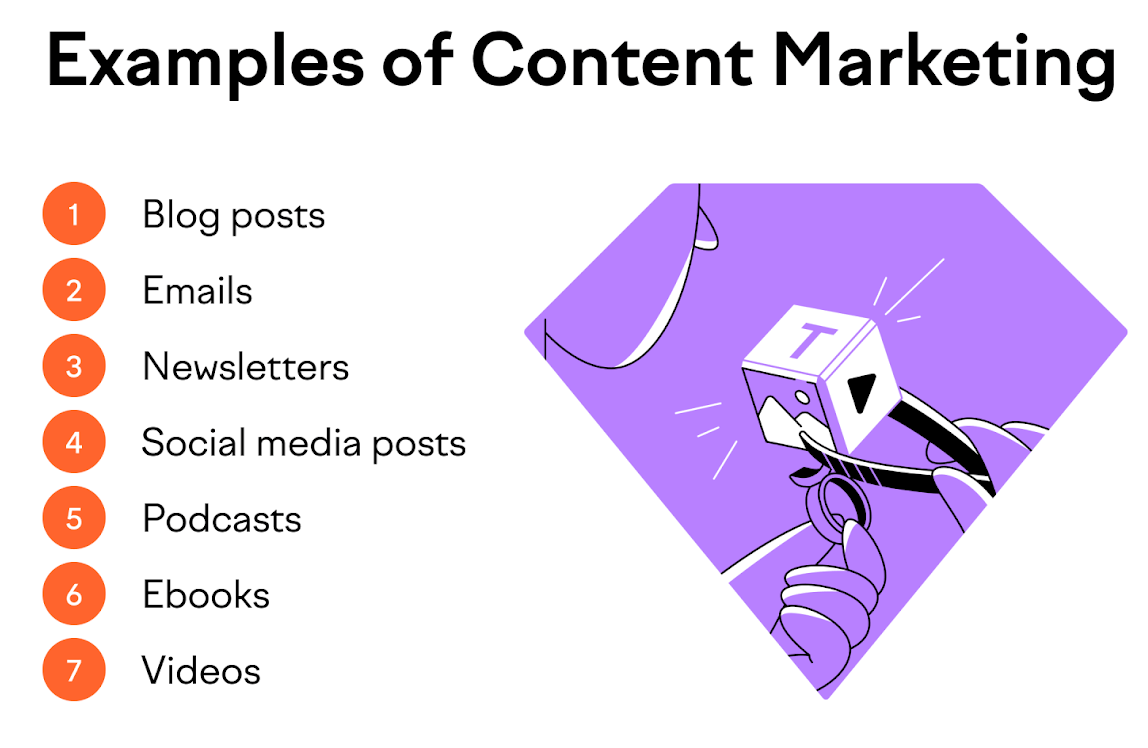Read our SEO for tourism guide to bring more traffic to your tourism type website for free from the organic search results pages in days.
The tourism industry is a highly competitive space, with countless businesses vying for the attention of travelers. Whether you’re a travel agency, a hotel, or a local tour operator, standing out in the digital landscape is crucial for success. One of the most effective ways to achieve this is through Search Engine Optimization (SEO).
SEO is the practice of optimizing your website so that it ranks higher in search engine results, thereby increasing the amount of organic (or free) traffic your website receives. In the tourism sector, SEO can be a game-changer, helping you attract more visitors, boost bookings, and ultimately, increase revenue.
Understanding the Importance of SEO for Tourism
Before diving into the how-to, it’s essential to understand why SEO is so crucial for tourism businesses:
- High Search Volume: Travel-related queries have a high search volume. People are always looking for travel destinations, tips, and services.
- User Intent: Most travel-related searches have a strong intent behind them. Users are often ready to book or purchase, making them high-value leads.
- Local and Global Reach: SEO allows you to target both local and international audiences, depending on your business model.
- Cost-Effectiveness: Compared to paid advertising, SEO is incredibly cost-effective in the long run.
Keyword Research: The Foundation of SEO
The first step in any SEO strategy is keyword research. Here’s how to go about it:
- Identify Core Keywords: These are the main terms related to your business, like “hotels in New York” or “Paris city tours.”
- Long-Tail Keywords: These are more specific phrases that people might search for, such as “best boutique hotels in New York” or “Seine river night cruise.”
- Local Keywords: If you’re targeting a local audience, include location-based keywords like “Miami beach resorts” or “things to do in San Francisco.”
- Use Tools: Utilize keyword research tools like Google Keyword Planner, SEMrush, or Ahrefs to find keywords with high search volume and low competition.
On-Page SEO: Optimizing Individual Pages
- Title Tags: Make sure each page on your website has a unique title tag, incorporating relevant keywords.
- Meta Descriptions: Write compelling meta descriptions to improve click-through rates (CTR).
- Headings: Use H1, H2, and H3 tags to structure your content. Include keywords naturally.
- Content Quality: Provide valuable, unique, and in-depth content. This could be travel guides, tips, or any other information that would be useful to your audience.
- Images: Use high-quality images and add alt text with relevant keywords.
- Internal Linking: Link to other relevant pages on your website using keyword-rich anchor text.
Off-Page SEO: Building Authority
- Backlinks: These are links from other websites to yours. The more high-quality backlinks you have, the more authoritative your site appears to search engines.
- Social Signals: While the direct impact of social signals (likes, shares) on SEO is still debated, there’s no doubt that positive social engagement can drive traffic and amplify your content.
- Local Listings: For local businesses, platforms like Google My Business can provide a significant boost. Ensure your listing is complete and accurate.
- Guest Posting: Write articles for reputable websites in the travel industry to gain backlinks and exposure.
Technical SEO: The Backbone of Your Website
- Mobile Optimization: Ensure your website is mobile-friendly. Google uses mobile-first indexing, which means it primarily uses the mobile version of a site for ranking and indexing.
- Page Speed: Slow load times can hurt your rankings and user experience. Use tools like Google PageSpeed Insights to identify issues.
- XML Sitemap: Submit an XML sitemap to search engines to help them crawl and index your website more effectively.
- Secure and Accessible Website: An SSL certificate (resulting in HTTPS rather than HTTP in your web address) is essential for website security and is a factor considered by search engines.
Content Marketing: The Fuel for SEO
- Blog Posts: Regularly update a blog with articles that provide value to your audience. This not only helps in SEO but also establishes you as an authority in your field.
- Video Content: Videos are engaging and can keep visitors on your site longer, which can positively impact your site’s SEO.
- User-Generated Content: Encourage user reviews and testimonials. This content is valuable for SEO and provides social proof.
- Seasonal Content: Create content around seasonal trends, holidays, or events to capture more traffic during peak times.

Monitoring and Analytics
- Google Analytics: Use this tool to track key metrics like traffic sources, time spent on site, and conversion rates.
- Keyword Ranking: Monitor how your keywords are ranking and adjust your strategy as needed.
- Competitor Analysis: Keep an eye on what your competitors are doing well, and learn from them.
- Regular Audits: Conduct regular SEO audits to identify issues and opportunities.
Conclusion
SEO is a long-term investment, but when executed correctly, it can yield unparalleled benefits for your tourism business. From keyword research and on-page optimization to off-page strategies and technical SEO, each element plays a crucial role in your overall success. By implementing these best practices, you’ll not only improve your search engine rankings but also provide a better user experience, setting the stage for sustained growth and profitability in the competitive world of tourism.